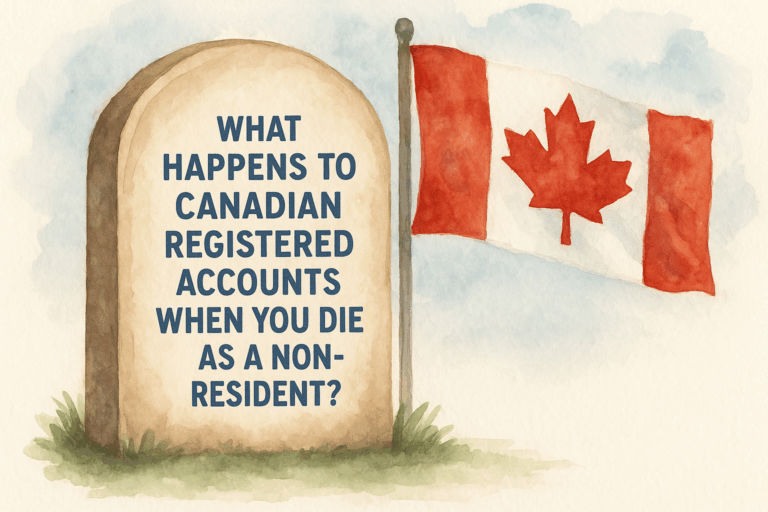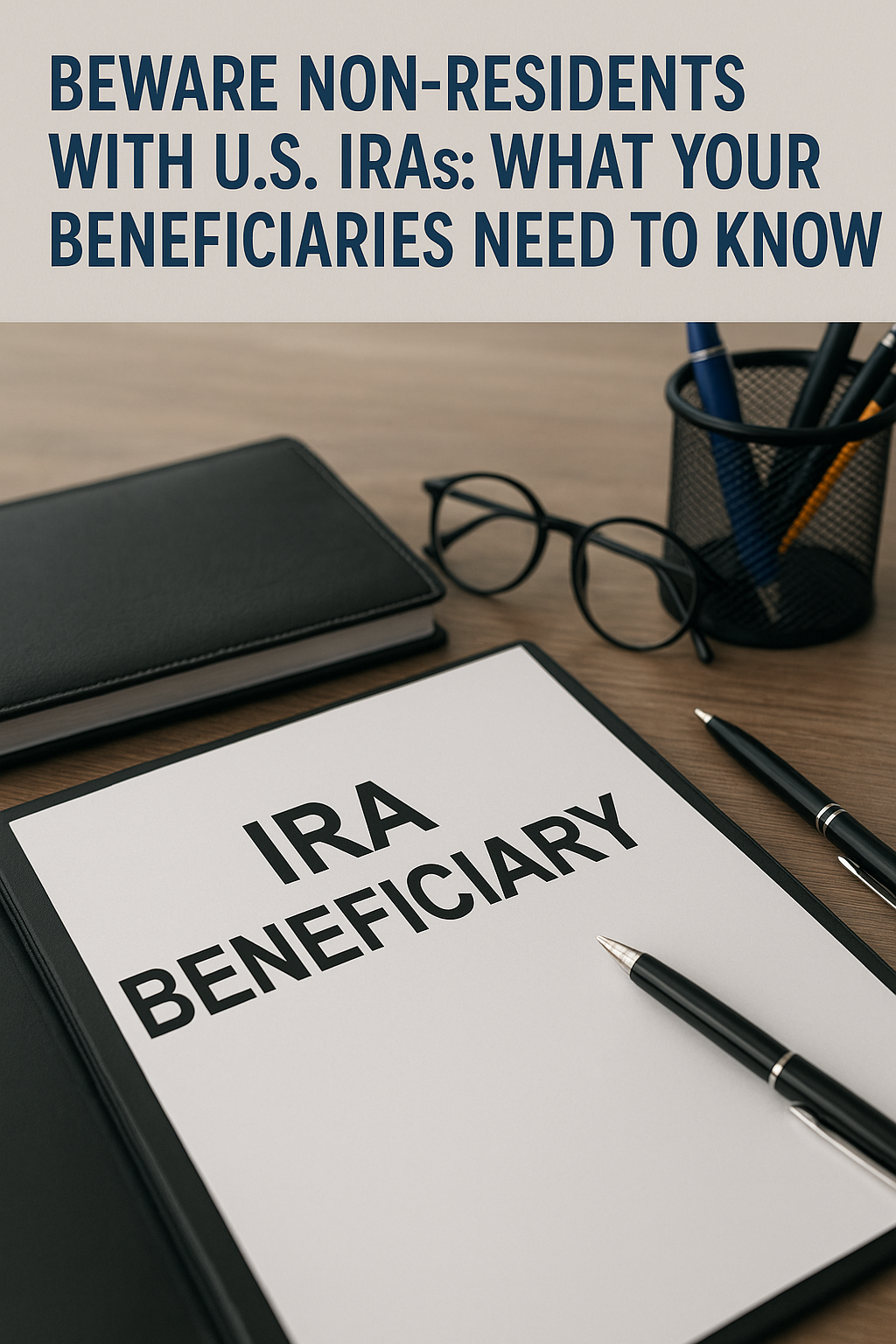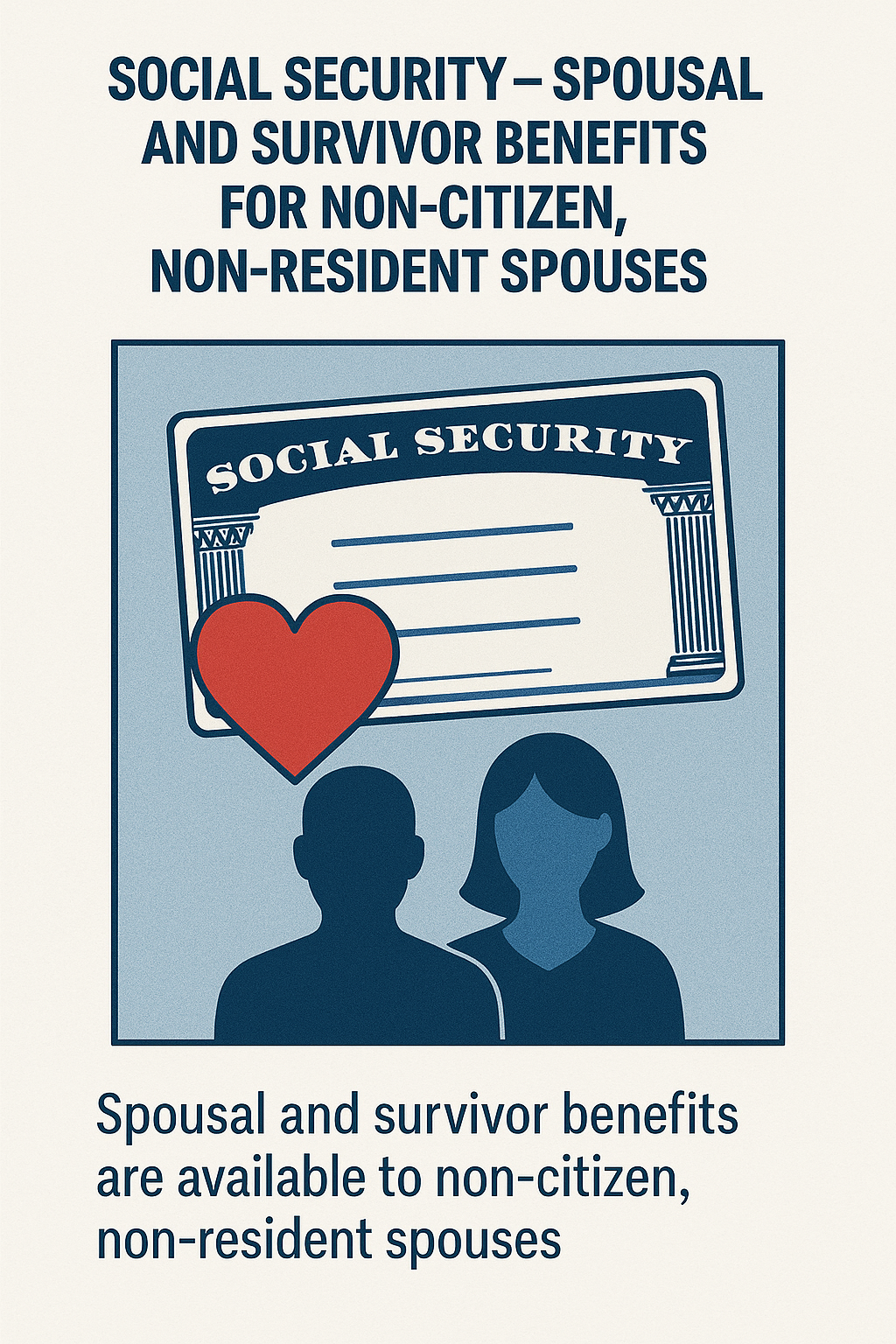Navigating the complexities of financial planning when living in or moving between Canada and the United States can be challenging.
A cross-border financial planner in Canada specializes in making these transitions smooth and financially sound. My aim is to explain the importance of having guidance in both legal and financial matters when dealing with cross-border issues.

Working across borders, I find it crucial to understand the tax implications and investment strategies that cater to individuals living and working between these two countries. Reputable firms like 49th Parallewealth Management offer services tailored specifically for these unique needs, providing valuable insights to protect and grow assets effectively.
In my experience, it is best to work with a Certified Financial PlannerTM to ensure your financial goals align with personal circumstances, whether it’s during a move or managing investments in a different country. If you are balancing finances in multiple countries, finding an advisor with the CFP® designation in each country is a must. Many things can be learned through experience, but having the proper educational foundation is necessary in such a complex field.
Understanding the Role of a Cross-Border Financial Planner

As a cross-border financial planner, I focus on addressing the challenges and unique requirements of managing finances across Canada and the U.S. This involves understanding different tax laws, retirement planning, and investment strategies.
Special Considerations for Canadian Clients
Working with Canadian clients presents specific challenges. I often consider the impact of tax treaties between Canada and the U.S., especially concerning retirement accounts like RRSPs and IRAs. It’s crucial to optimize tax strategies to prevent double taxation. A practical approach is to evaluate how each country’s tax policies affect income and investments.
I also look at healthcare costs, as these can differ considerably between regions. Understanding and planning for healthcare needs is vital. Currency exchange rates further complicate these transactions and can have a significant impact on financial strategies.
Moreover, estate planning requires careful attention. Differences in estate and probate laws can affect how assets are transferred to beneficiaries. My role includes ensuring compliance with legal requirements to protect clients’ interests.
Navigating Different Financial Regulations
Navigating the financial regulations across borders requires a deep understanding of both Canadian and U.S. systems. Each country has its own unique set of financial rules. This makes expertise in both jurisdictions necessary.
I need to be aware of differing investment restrictions and reporting obligations in each location. Compliance with these regulations is critical to avoid legal issues. For example, specific investments permitted in one country may not be allowed in another.
Furthermore, I analyze tax implications on cross-border income, ensuring that financial decisions are tax-efficient. By staying updated on regulatory changes, I help clients maximize financial outcomes.
Key Services Offered by Cross-Border Financial Planners

Navigating financial matters across two countries requires specialized knowledge. I assist clients in managing their tax responsibilities, preparing for retirement in multiple regions, and handling investments with an international focus.
Tax Planning and Compliance
When living or working in two countries, understanding tax regulations is essential. I help clients minimize tax exposure while ensuring compliance with laws in both nations. This includes strategies for reducing double taxation and utilizing tax treaties effectively.
Clients need to be aware of deadlines and required forms for both Canadian and U.S. taxes, as well as credits and deductions available to those managing assets in both regions. Careful planning can help avoid situations where different types of income are treated differently in each country, creating a mismatch of foreign tax credit types.
Retirement Planning across Borders
Preparing for retirement in more than one country involves unique challenges. I work with clients to optimize retirement accounts and benefits between Canada and the United States. It’s important to consider currency exchange rates and tax implications for retirement income.
I guide clients in understanding pensions, Social Security options, Canada Pension Plan, and Old Age Security, and how cross-border planning affects their long-term financial security. Effective planning ensures a smooth transition into retirement regardless of location, allowing clients to enjoy benefits from both countries without unnecessary complications.
International Investment Management
Managing investments across borders requires careful attention to varying regulations and market conditions. I assist clients in maintaining a diversified portfolio that considers the economic landscape and investments available in each country. This involves choosing investment options that comply with regulatory standards in both Canada and the U.S.
Clients benefit from strategies that balance risk and return, focusing on an allocation that matches their financial goals and maximizes risk-adjusted-return. With my guidance, cross-border investors can achieve their objectives while navigating the complexities of international investments, ensuring their portfolios perform optimally no matter where they choose to invest.
Choosing the Right Cross-Border Financial Planner
Selecting a cross-border financial planner is crucial for effective handling of finances between Canada and the U.S. It’s essential to consider professional qualifications and to understand the fee structures involved.
Qualifications and Credentials
When looking for a cross-border financial planner, prioritize checking their qualifications and credentials. It’s important that they have experience with both Canadian and U.S. tax laws. Ensure they hold certifications like Certified Financial PlannerTM (CFP®) or Chartered Financial Analyst (CFA). These credentials indicate an in-depth understanding of financial planning and international investment principles, and a desire to provide the best financial advice possible for their clients.
A planner should also be familiar with legal structures and regulations in both countries. This knowledge is vital for managing investments, retirement accounts, and estate planning across borders. Some things can only be learned through experience, which is extremely important when selecting a cross-border advisor.
Understanding Fees and Costs
Understanding fees and costs is another crucial aspect. Inquire about their fee structure upfront to avoid surprises. Some planners might charge a flat fee, while others may operate on a commission basis or a percentage of assets under management. It’s essential to know what services these fees cover.
Transparent communication about costs helps you understand the value you are getting. Look for planners who can offer a clear explanation of their fees. We recommend companies that are fee-only and try to eliminate as many conflicts of interest as possible. This ensures they are paid only by you. When advisors are paid commissions from insurance and investment companies, they are incentivized to put you in products that pay them even if you don’t necessarily need that product. Companies who charge fees that are above average also show that profits are more important than their client’s financial wellbeing.
Frequently Asked Questions
As a cross-border financial planner in Canada, we encounter various questions about qualifications, reviews, selecting advisors, costs, differences from domestic planning, and demand trends. Here’s a detailed look at these important topics.
What are the qualifications required to become a cross-border financial planner in Canada?
To be considered a cross-border advisor, all that is required is to pass the Series 65 in the U.S. and the Chartered Investment Manager (CIM) program in Canada. The Series 65 is one test, while the CIM program can be three or four tests, depending on which route is taken. That is the minimum qualification required by the government, but the best advisors have the CFP® designation in each country that they specialize in. The CFA program is much more difficult than either the Series 65 and CIM programs. CFA charter holders possess a much more rigorous educational background and have a much deeper understanding of investment management, particularly international investment management.
How does one select the best financial advisor for cross border retirement planning?
When choosing the best advisor for cross-border retirement planning, I recommend checking for relevant credentials and experience in cross-border planning. Relevant experience is vital and increases the advisor’s ability to handle specific cross-border issues. It’s important to ensure the advisor understands both Canadian and U.S. regulations, given their impact on financial planning, tax planning, retirement planning, estate planning, and international investment management.
What should one expect in terms of costs when engaging with a cross border financial advisor in Canada?
Engaging with a cross-border financial advisor typically involves fees that vary by the scope and complexity of services provided. Advisors may charge hourly rates, flat fees, or a percentage of managed assets. It’s essential to discuss fees upfront and understand any potential extra costs for specialized cross-border advice. The fee schedule for 49th Parallel Wealth Management is comparable to U.S.-based domestic advisors. U.S. advisors generally charge lower fees starting at approximately 1% for the first $1,000,000 of assets under management, whereas Canadian advisor fees commonly range from 1.25%-2%.
How is cross border financial planning distinct from domestic financial planning?
Cross-border financial planning differs from domestic planning primarily due to different tax laws, pension systems, estate planning differences, and currency exchange issues. Planners must consider legal structures and benefits from both countries. Navigating dual taxation and understanding cross-border investments are unique challenges in this field that require specialized expertise.




